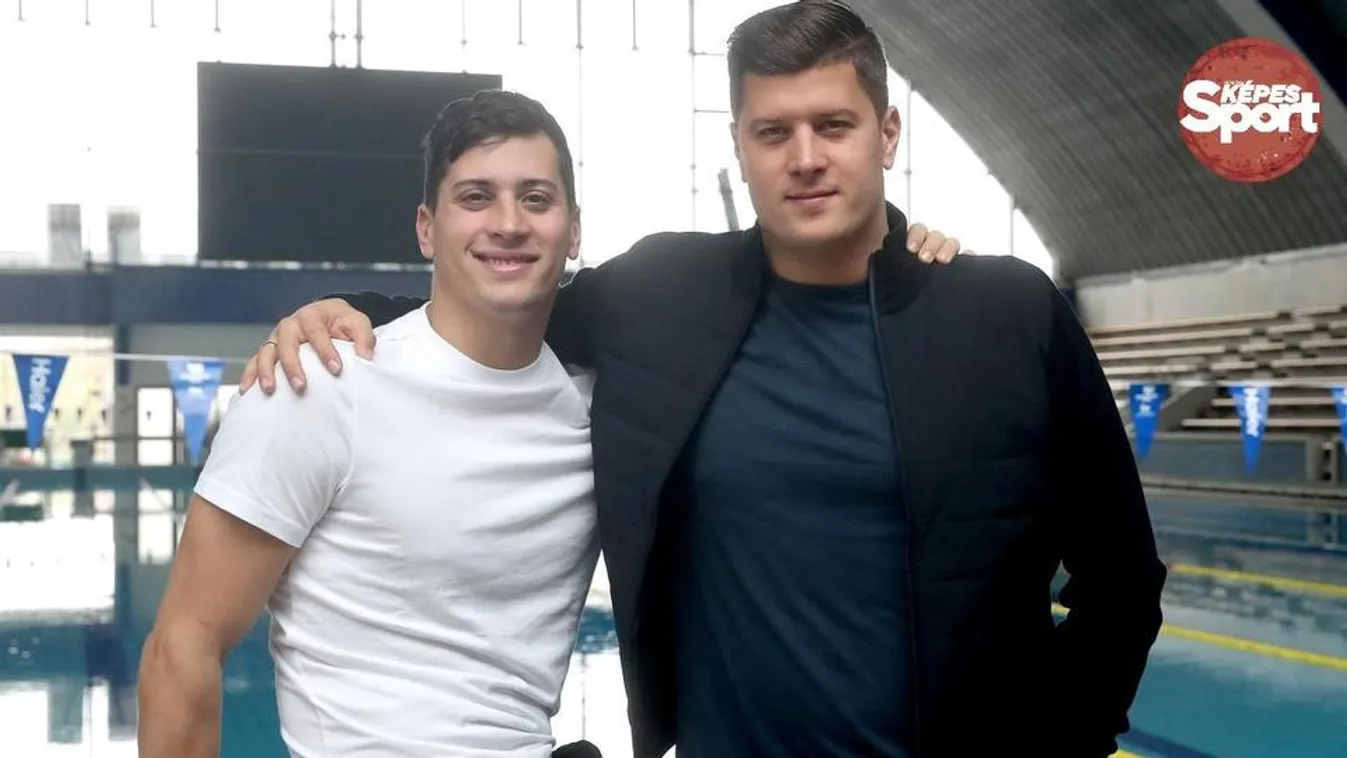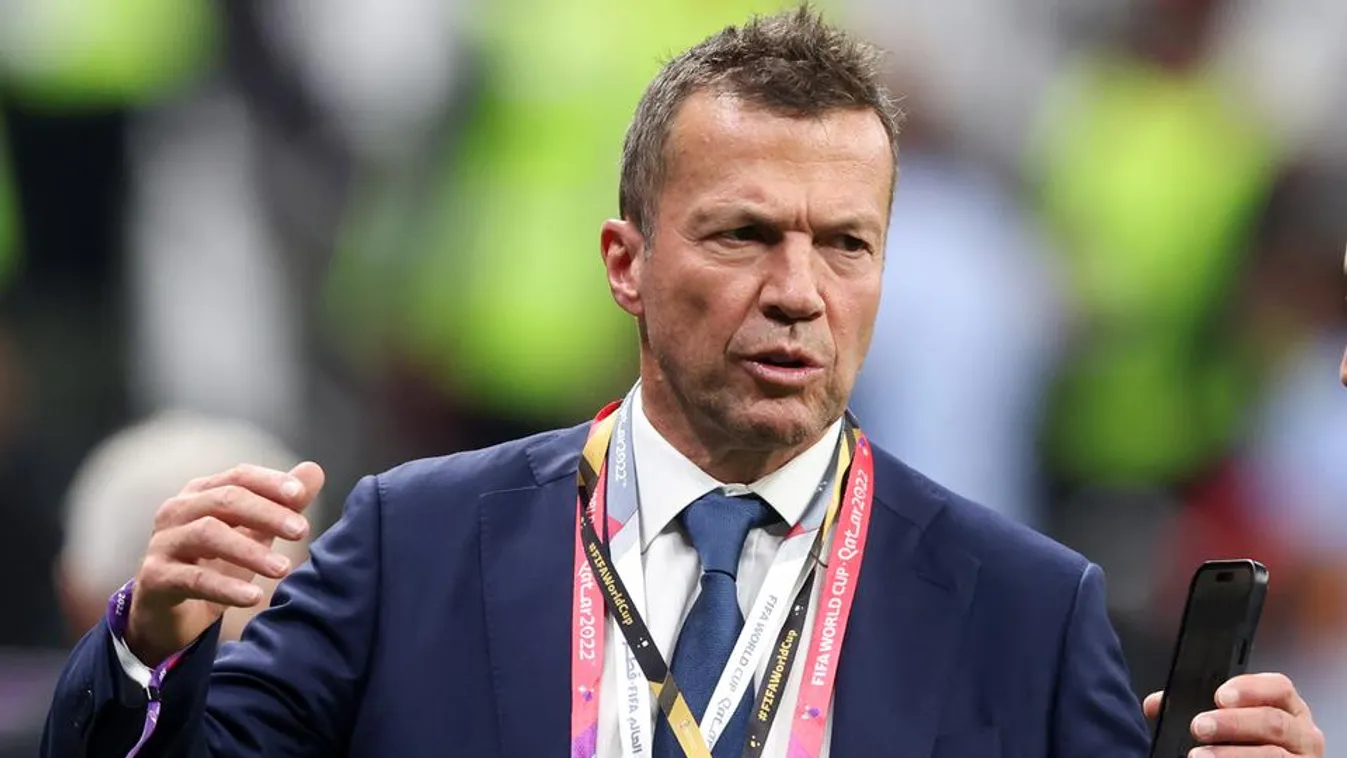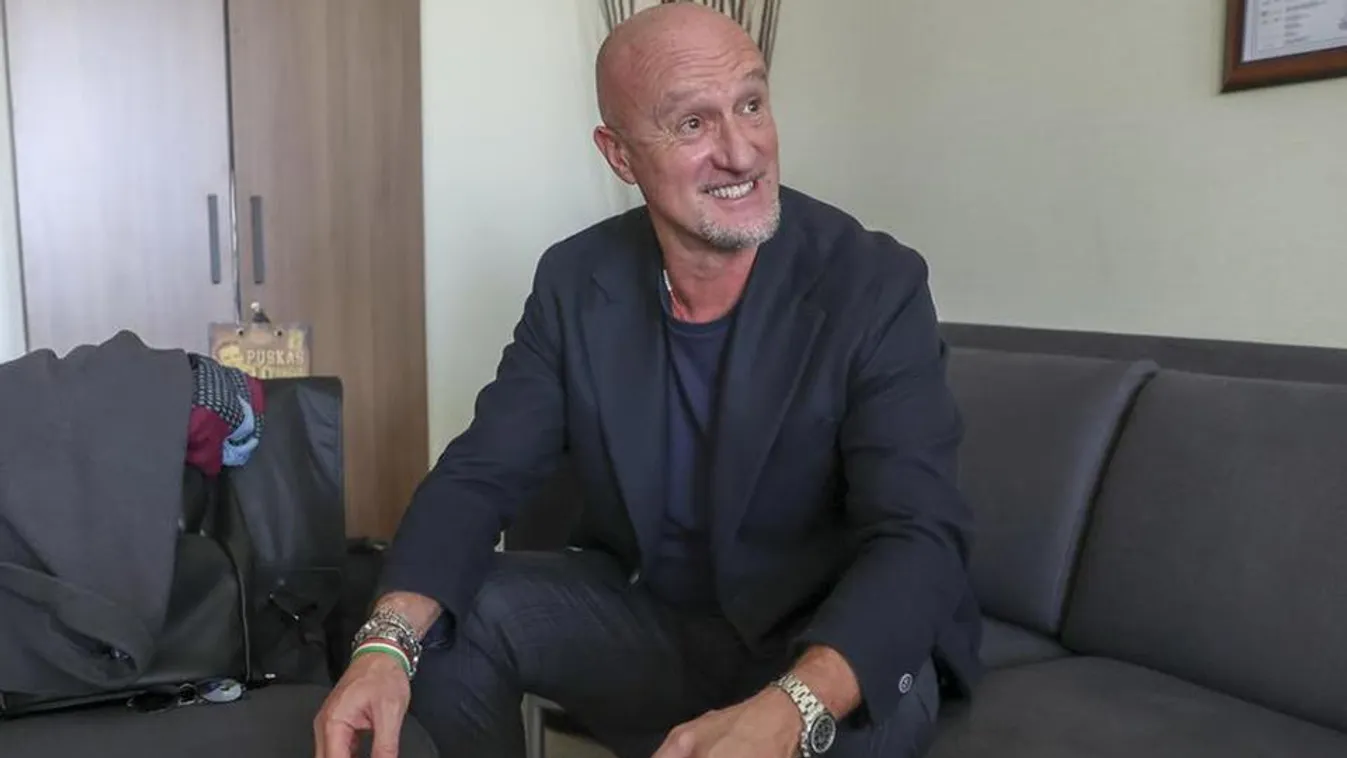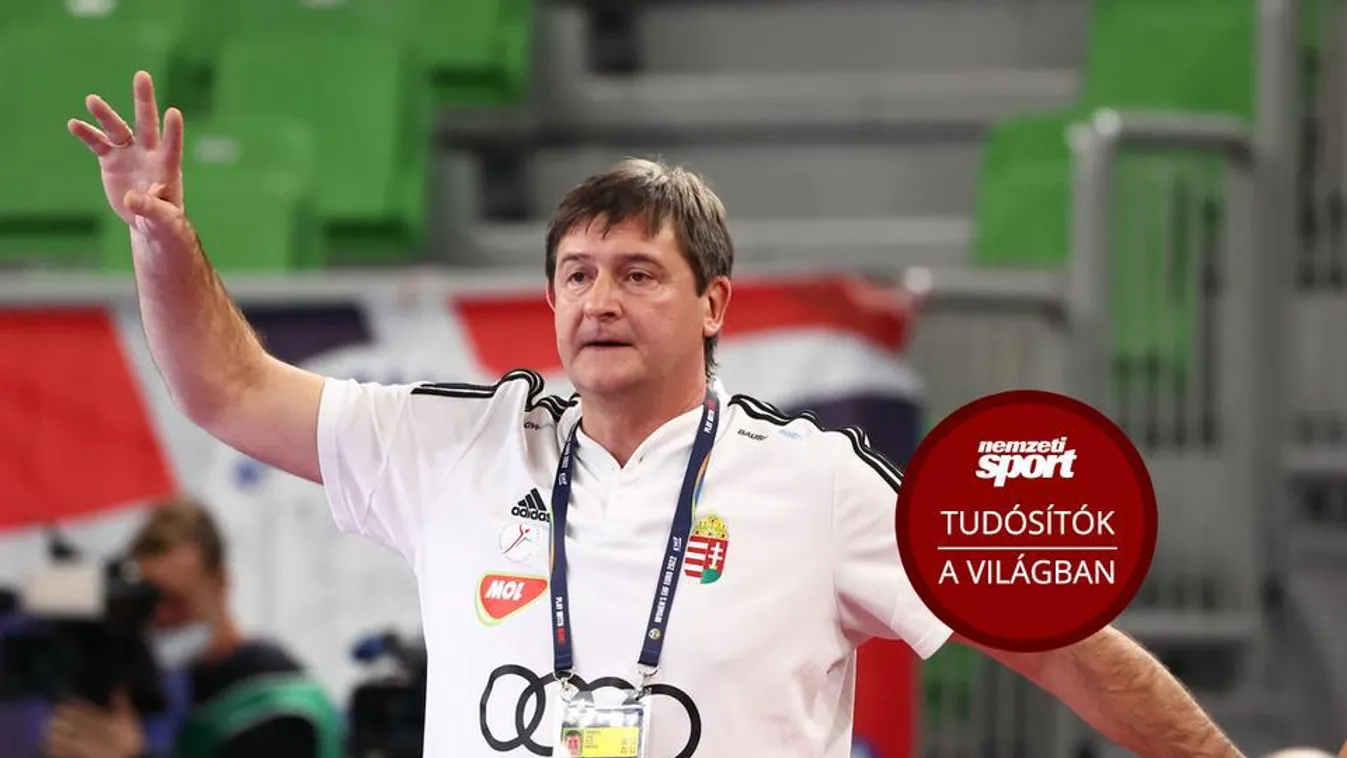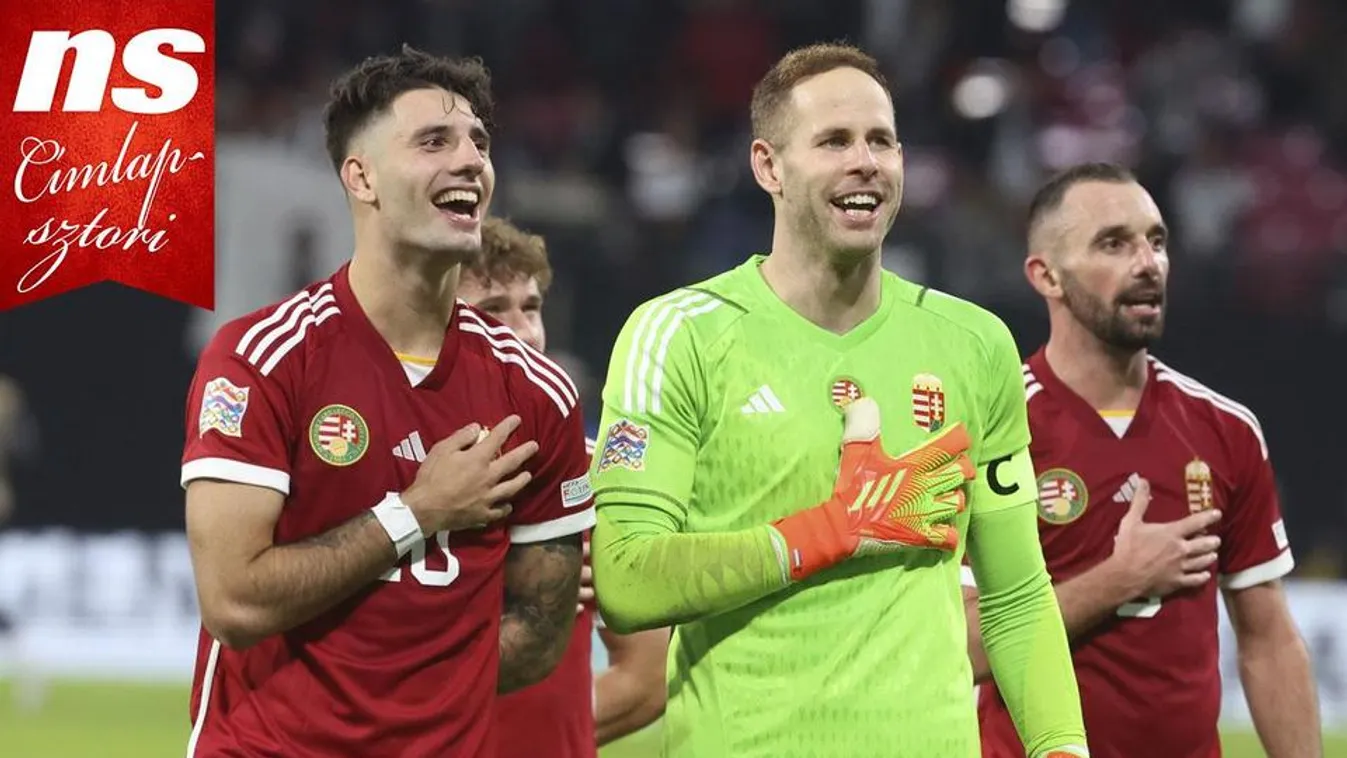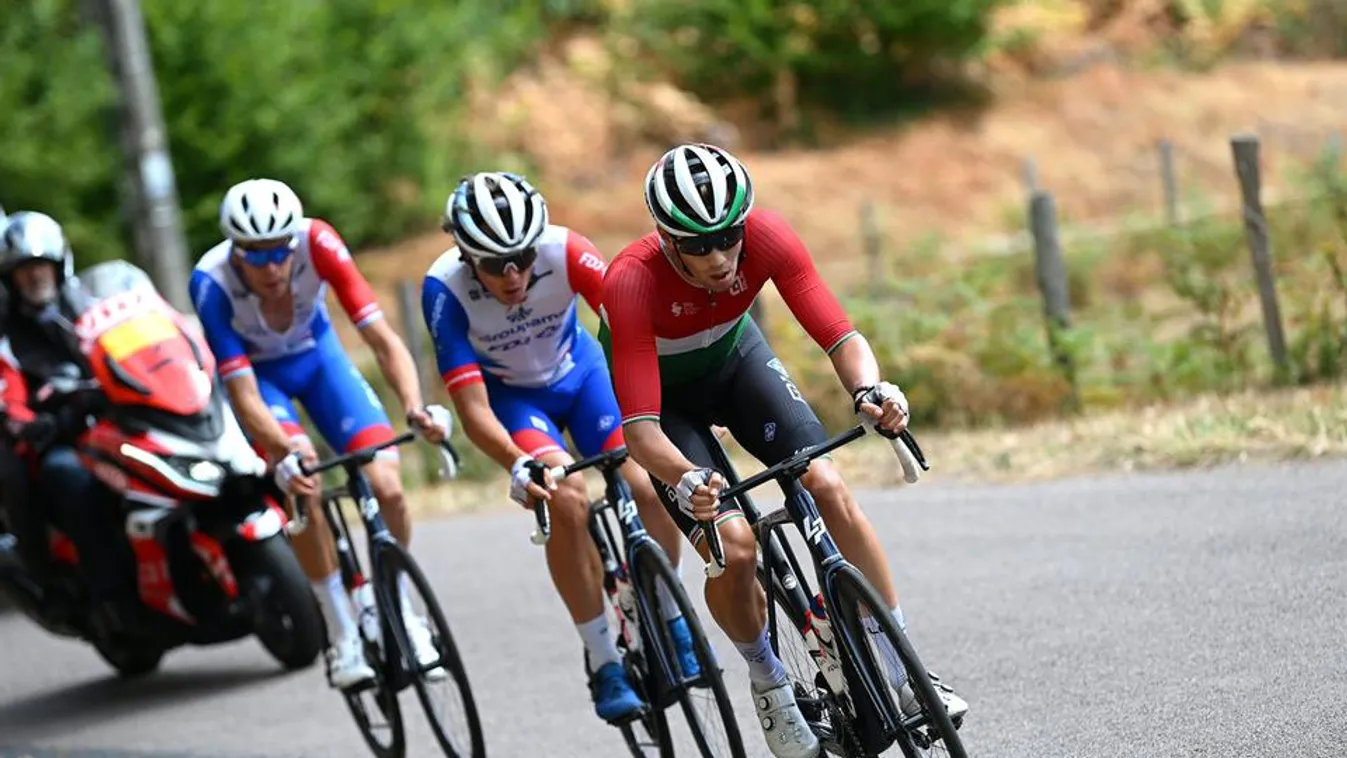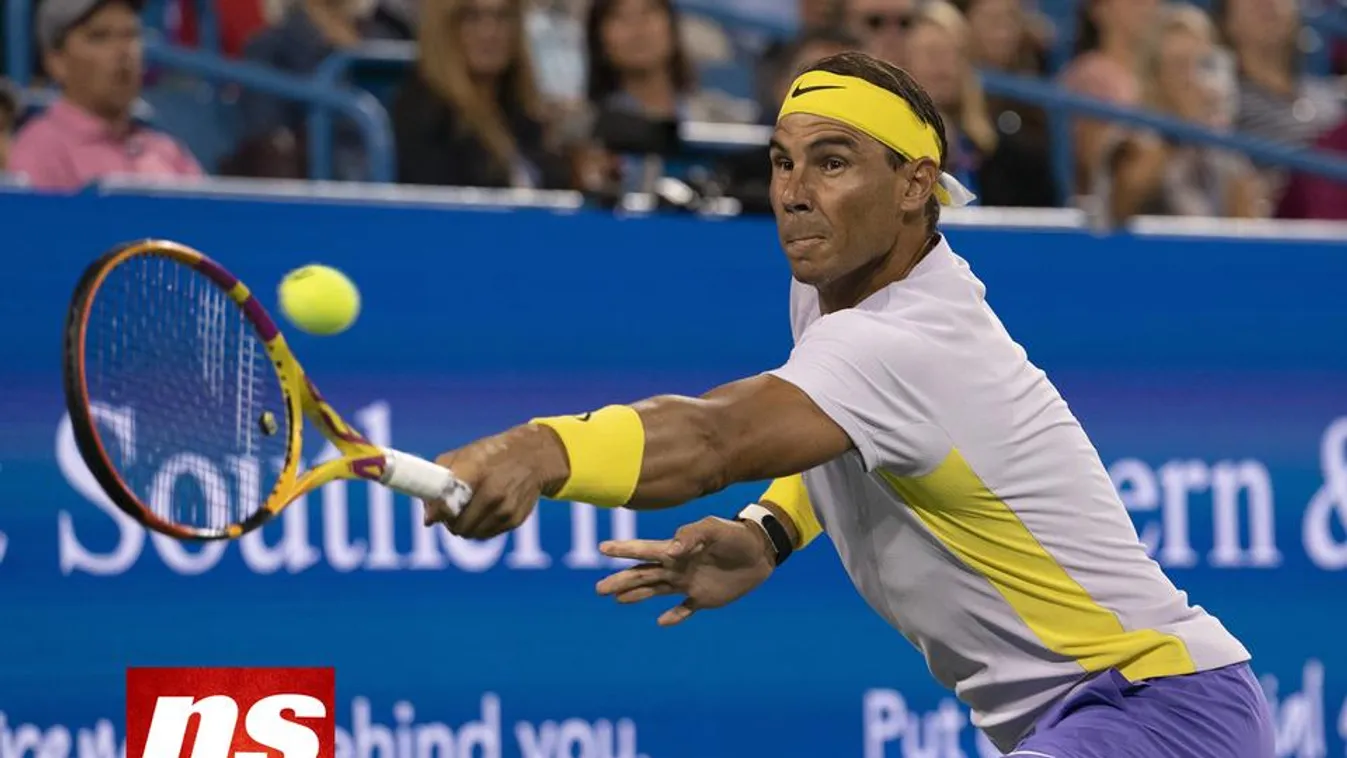There’s still anger and indignation in him, but he loves swimming – an honest interview with László Cseh
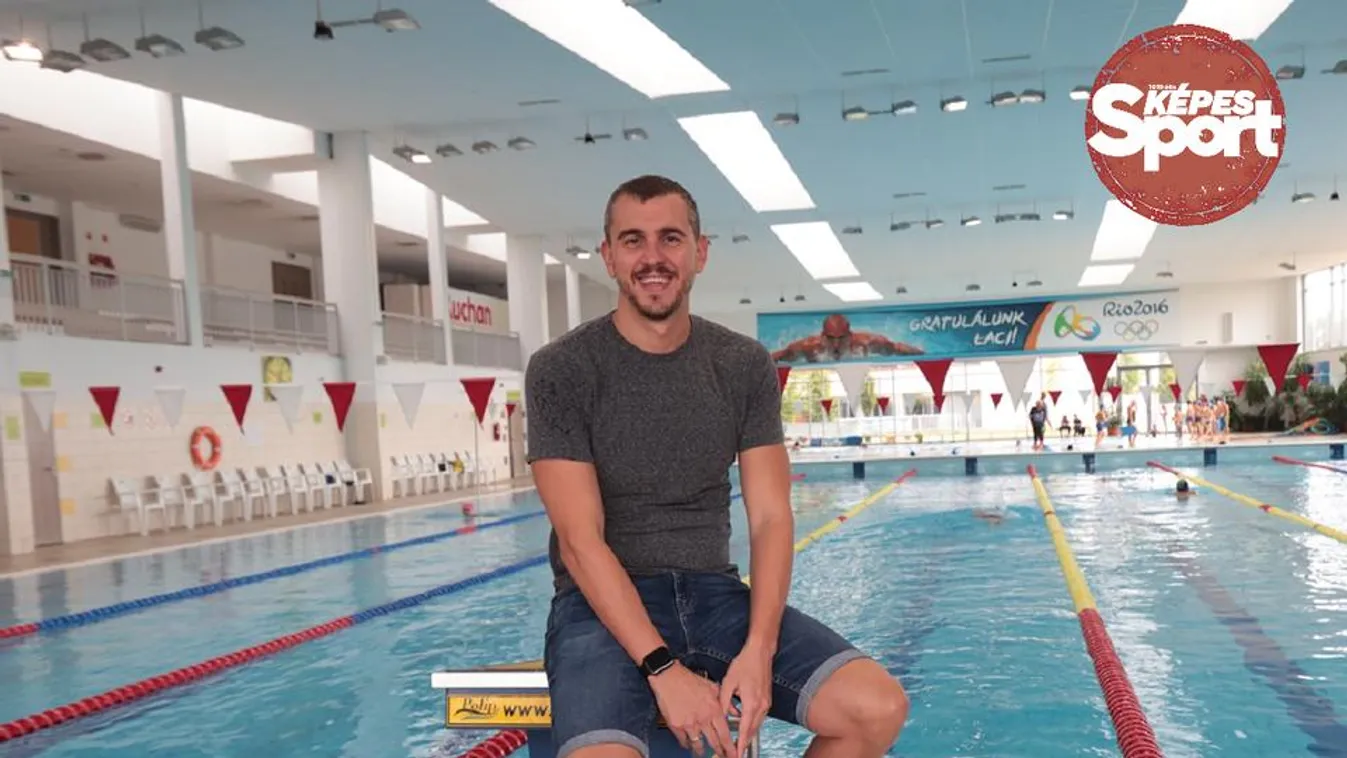
– When was your fate decided?
– At birth, basically. I loved the water so much that when I was taken to the swimming pool, I never said it was cold or that I didn't want to swim – I enjoyed it all from the first moment.
– From the time you learned to swim, did you have a straight path to do the sport competitively?
– I didn't go down to the swimming pool to just learn how to swim. The goal was clear even then: I actually went to train. To this day, I remember the feeling that I loved going there, and I never felt that ‘okay, I now know how to swim, so I don't have to go anymore.' I felt like I had to keep going.
| Born:December 3, 1985; Budapest |
| Clubs: Bp. Spartacus/Kőbánya SC, Egri Úszó Klub, BVSC-Zugló |
| Coaches:Miklós Kiss, György Turi, Zsolt Plagányi |
| Achievements:4-time Olympic runner-up (200m butterfly, 200m medley, 400m medley – 2008; 100m butterfly – 2016), 2-time Olympic third place (400m medley – 2004; 200m medley – 2012), 2-time World Champion (400m medley – 2005; 200m butterfly – 2015), 6-time World Championships runner-up (400m medley – 2003; 200m medley – 2005; 200m medley – 2009; 100m butterfly – 2013; 100m butterfly – 2015; 200m butterfly – 2017), 5-time European Championships third place (100m backstroke – 2005; 200m medley – 2007; 400m medley – 2009; 200m medley – 2011; 50m butterfly – 2015), 14-time European Champion (100m back, 400m medley – 2004; 200m medley – 2006; 400m medley – 2006; 200m medley, 400m medley -2008; 200m medley, 400m medley – 2010; 200m butterfly, 200m medley, 400m medley – 2012; 200m medley – 2014; 100m butterfly, 200m butterfly – 2016), 3-time European Championships runner-up (200m back – 2006; 100m butterfly – 2012; 50m butterfly – 2016), 5-time European Championships third place (4x100m mixed relay – 2004; 4x200m freestyle relay, 4x100m mixed relay – 2012; 4x100m mixed relay – 2014; 4x100m mixed relay – 2016), 2-time Short Course Worlds runner-up (200m butterfly – 2012; 400m medley – 2012), 2-time Short Course World third place (200m butterfly, 200m medley – 2012), 19-time Short Course European Champion (400m medley – 2003; 400m medley – 2004; 100m back, 200m medley, 400m medley – 2005; 200m medley – 2006; 200m butterfly, 200m medley, 400m medley – 2007; 400m medley – 2009; 200m butterfly, 200m medley, 400m medley – 2008; 200m butterfly, 200m medley, 400m medley – 2012; 100m butterfly, 200m butterfly, 200m medley – 2015), 3-time Short Course European second place (200m medley – 2004; 200m butterfly, 400m medley – 2015), 3-time Short Course Europeans third place (400m medley – 2002; 100m back – 2004; 200m freestyle – 2011) |
– They said something that, but I wasn't extremely talented. I finished in the top three at home competitions, but for a long time, there were much better swimmers than me in my age group. I started at the age of four and a half with Miklós Kiss: I got into a good team, and not only did I meet my teammates in the swimming pool, but we also got together in our free time. Then I was one of many kids. Of course, when the early morning trainings came into the schedule, it was a much tougher ride, but I remember that even if I didn't have to train twice, I still wanted to go. I was already in Zsolt Plagányi's group, and I was at the swimming pool in the morning once or twice a week, even though it was not mandatory. But I never felt like I wanted to do anything else.
– What drove you?
– I liked swimming.
– Last year, when you came up with the idea of retiring, you were talking about it, too.
– To this day I have a love for swimming — it won't go away.
– Couldn't they kill it off you?
– No, but they tried it, and of course, sometimes I didn't feel good about going to training, but my love for swimming has always been stronger. Also, the competing me has surfaced alongside it.
– Did you have it in you from the beginning?
– It may have been swimming that brought it out form me, because in the first home competition, for example, it never occurred to me that I would get any ranking: when the names were listed during the victory ceremony, all I heard was László, and I thought they were calling another guy...
– But how did you move forward from here? What carried you on? Did you have a role model that you looked up to, or did you always want to be the best from here on out?
– The latter undoubtedly motivated me, and it was a great feeling to swim well, to reach my best, to finish first – they all make you fly.
– Is it the feeling that's incomparable to anything?
– Maybe. To make it clearer, satisfaction after a job well done per person permeates you. I am like this in everyday life, too: if I have to mount something on the wall at home and I do it, and it stays on the wall, and it's even straight, I am satisfied with myself.
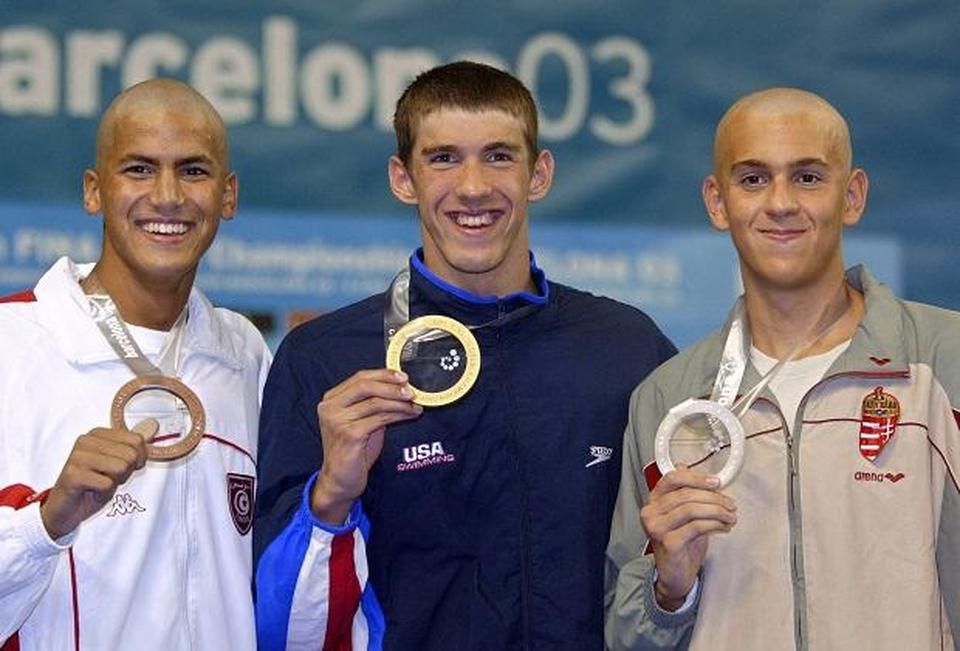
– The difference is that there is no stopwatch measuring your time.
– No, but I'm trying to do these tasks as precisely as possible.
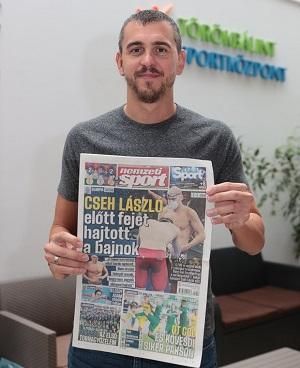
– You've just spoken of the satisfaction of the work done, and some say that they simply crave to return to the podium. Do you know that feeling?
– Yes, stepping on the podium always feels great – in my case, arriving at the finish line was the truly euphoric moment. The more you get out of it, the more you want it. It's simply addictive: is this such a good feeling? Then I want more of this.
– What if it doesn't turn out well...?
– Well, that's not good: I have lethargy, sadness, and disappointment at the same time. It's all negative feelings, and that's when you whip yourself. Especially if that's how you were raised...
– You've referred to this several times over the years.
– Because eternal dissatisfaction was infused in me. It means there's no such thing as being happy with yourself. Now I know that the most important thing is in fact to be satisfied with yourself, but I haven't felt that way for years. That's why when I won, when I swam the best time of my life, I immediately looked for ways to improve, instead of enjoying moment... Besides, there was another feeling that was constantly in me, since they also "taught" me that if you don't swim well, it's all your fault.
– If you could go back in time, would you change that?
– Definitely. It was extremely difficult to understand what was happening from the inside with such external stimuli, and I couldn't anyway, so the eternal dissatisfaction and blaming of myself still resides in me.

– But you can't live your civilian life like this either...
– I know. I am working on changing this: I will continue to try to do my best if I do something, but if I do not succeed, I shall not consider it a tragedy.
– Have you never rebelled?
– Of course I have! I had a lot of fights with György Turi – especially during training sessions, although our last big dispute was at a competition. That was the last drop that made the cup run over.
– And did you state your opinion vehemently then?
– It is typical of all my dispute that I think clearly at the beginning, but sometimes I had enough, I may not state it in the right style and tone.
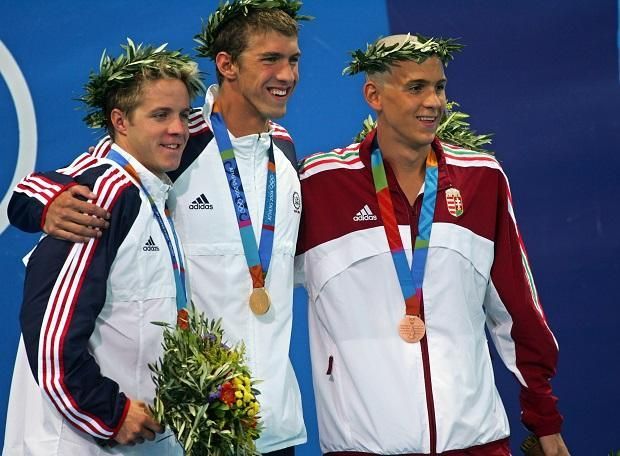
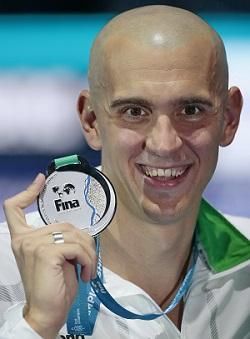
– Even little ‘Laci' stated if he didn't agree with something?
– All I can say is that when György Turi took over our team after the Sydney Olympics, I had constant fights with him – they didn't come into my life with success.
– And why didn't we sense any of that?
– Because everyone thought it was normal, it was natural.
– We saw a coach and a swimmer next to him who achieves great results, who is kind, normal, always gives interviews – the picture seemed almost idyllic.
– That's what we showed toward the public, and I was like, there's nothing else, there's nothing better, so this is normal, and that's how I have to live. Moreover, there was not much of an alternative at the time, at least certainly not one that seemed attractive.
– It must have been a hard year.
– I would rather say that there were some very difficult moments in it, so don't think that every day of the year was like this.
| “How many times, but how many times have we heard (and said) if Michael Phelps hadn't been there, László Cseh would certainly have left the 2008 Olympics as an Olympic champion (let's not even discuss now how-many-time champion) – the three silvers in Beijing (200 butterfly, 200 and 400m medleys) were one of the highlights of the now-35-year-old's career. "I made the most of that situation," László Cseh looked back on what happened 13 years ago. "In hindsight, it occurred to me that maybe I could have been better at butterfly if I had competed more in this discipline beforehand. But then the magic of freshness might have been lost. I soared in that event, or maybe it was because I was in pain at 100 meters, there's only 100 meters left, then I thought to swim harder, and from 50 meters, I told myself to ‘bring it on!” There was no conscious build-up of my swimming, I jumped into the water and just swam... I was never sad that Michael Phelps swam the same time as me, because thanks to him, I always went to train to beat him next time. To do this, however, I should have had to swim the much better training times that I did with Zsolt Plagányi – then I probably could have beaten him." |
HE NOW STATES IT: HE IS ANGRY WITH GYÖRGY TURI
– You're saying the last time you got into a fight with György Turi was at one of the races – which one?
– At the 2011 Short Course National Championships, we had a nasty argument.
– But after that, he remained your coach for three more years.
– And there wasn't much thank in it... For example, this “great” relationship didn't help my Olympic performance in London. After the big fight, I actually did the trainings on my own.
– It is becoming clear why you've talked about fear and self-doubt in almost every world competition – despite the good results.
– "Tension" was present in many of my competitions, and mostly because I felt and could see on my coach how nervous he was.
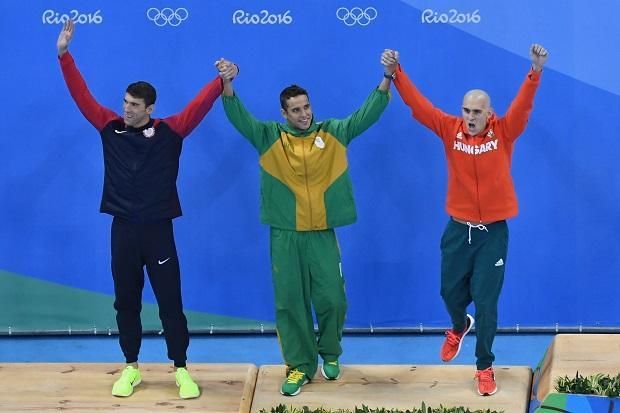
– A hug at a time like this could mean a lot...
– For sure. Obviously, it didn't get me any further that I could sense he was more nervous. Of course, a coach can be tense before a race, but that's not what his athlete should see.
– That's what we felt too, but after that, we can clearly say that in Tokyo, we saw the most mature, freed and real László Cseh.
– That's right. If I could change something in hindsight, I'm sure it would be it: that's how I should have been going to competitions when I was younger. I might not have had better results, but I would have gotten out of difficult situations better mentally, that's for sure.
– I have to ask you: are you mad at György Turi?
– Very.
– And does he know?
– We don't talk to each other; I don't look for his company.
– Can you explain why you're so mad at him?
– Because he treated us the way he shouldn't have. I have been really angry with him since I came to a new place, since I realized and experienced it alongside Zsolt Plagányi that there's another way to do it.
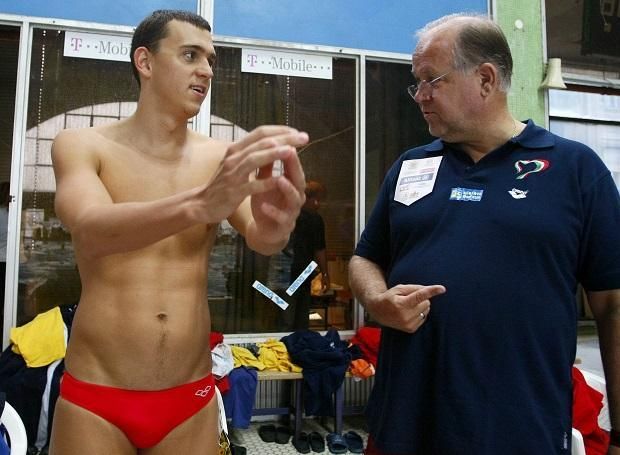
– Did it ever occur to you to tell György Turi this?
– He wouldn't understand... He still thinks differently, and I've heard what he thinks of us. There's no point in telling him that.
– Was everything different next to Zsolt Plagányi?
– Yes. That doesn't mean we've never had arguments because we have, but we've always been able to talk about it. I don't deny it that there were times when I was tired and angry with him – simply because we had training. But it's also a behavior I've brought: if I'm tired, if I have any problems, I get tense instead of saying what's bothering me. For years, I've felt, and I still haven't completely stripped this, that even if I told you my troubles, nothing would change...
– The "what if" question in life and sport doesn't mean anything, but have you at least once played with the idea that what if you hadn't started your swimming career where you started?
– Let me be clear that I started in the best possible place, and after Miklós Kiss I also swam with Zsolt Plagányi – he undoubtedly learned a lot at that club, but he became a really good coach when he left.
– Let's just sum it up: what did swimming give you?
– In addition to complaining a little and listing what has been bad in these years, more importantly, I loved going to the swimming pool, I loved swimming, I had fun with my teammates. So overall, I look back on my career positively – there were only some events that I still have to deal with today...
– Can you finally say that you were a successful swimmer, and were an epochal icon of the sport?
– Slowly I do. I start to understand and believe what I've accomplished.
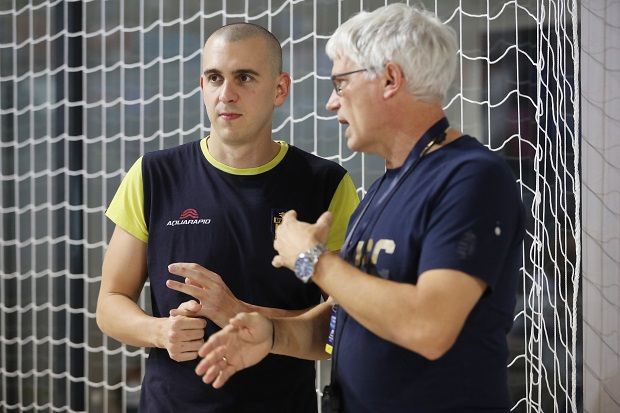
– Did you really say wholeheartedly at the end of the Tokyo Games that you didn't feel the lack of not winning an Olympic gold?
– Yes.
– But you kept saying otherwise for years.
– Because we were also taught that you're only someone if you're an Olympic champion.
– But you must have felt that people loved and respected you.
– Yes. Unfortunately, I am also a person who likes to be loved by as many people as possible, who tries to satisfy everyone, while I should only satisfy myself.
– Are you moving forward in this area too?
– Yes, but it's not easy. I try to live by the values I think are right, while I also have in my head the fact that if I do something, I shall set an example.
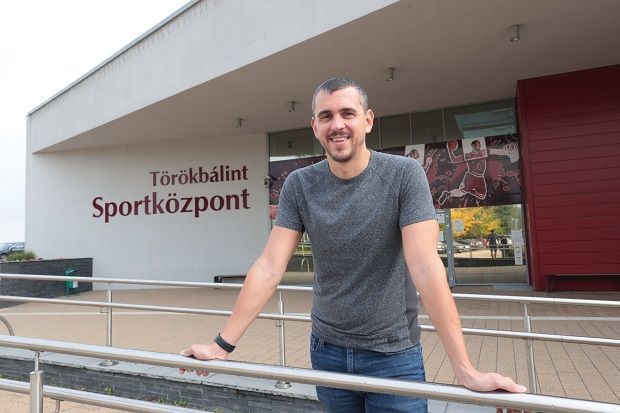
HE ALSO MET HIS WIFE IN THE SWIMMING POOL
– You're a role model for many. Do you think a champion only has to set an example during their career?
– For the rest of their lives.
– It's also a big responsibility.
– Huge.
– How can you really and truly let go of yourself?
– We have to – we also did it when we were young. The inner moral compass shows what can and cannot be done, what still fits and what doesn't.
– But there is so much a champion has to pay attention to, even to not order a glass of wine in a restaurant because the headlines would write “László Cseh drank.”
– You have to learn to live with that. No one should think we're always good guys. I'll tell you that at the post-world banquets, we got drunk properly – the trips home have always been challenging. I'm never going to deny that something like this happened.
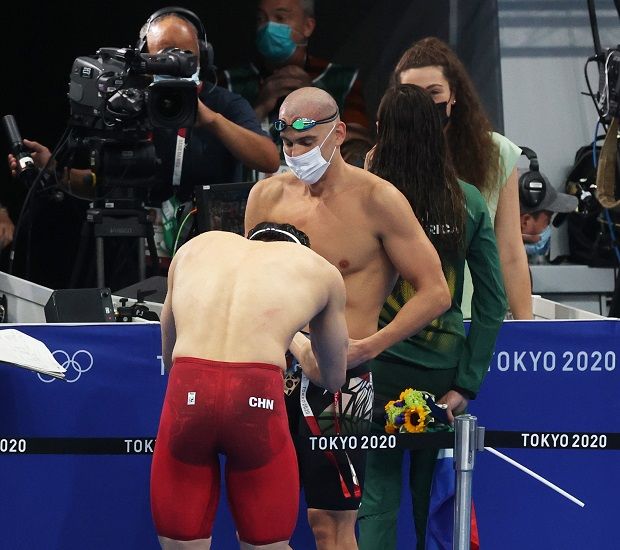
– You told us what you got from swimming, but in your case, we cannot only talk about the "what," since you met your wife Dia in the swimming pool: she was a hostess at a victory ceremony.
– It was a mere coincidence that we met. We may have not bumped into each other if we had walked down the street... mainly because I didn't really walk down the street.
– Did you know right away she is the one?
– Yes. But no one should think we have a syrupy story in which everything is always pink: a lot needs to be done to make our relationship okay. I have to work hard, and over the years, I've had to learn how to listen to a woman, to Dia, and how to live, exist in a relationship.
– Have you put away your swimsuit? What's next?
– I don't know, I'm taking a break for now. Fortunately, I do not have to rush to find solutions, as I'm financially stable thanks to swimming. I also don't deny that it is also thanks to swimming that I do not have to worry about my livelihood and daily expenses. I'm certainly not going to be idle for long, but for now, I'm enjoying my rest.
| Michael PHELPS(USA) 23-time Olympic champion |
| Ryan LOCHTE(USA) 6-time Olympic champion |
| Chad LE CLOS(South Africa) Olympic champion |
| Joseph SCHOOLING(Singapore) Olympic champion |
| Coach György TURI |
| Coach Zsolt PLAGÁNYI |
| László CSEH Sr., the father |
| Dávid VERRASZTÓ, World Championships silver medalist |
| Kristóf MILÁK, Olympic champion "He's a very talented competitor who's at the tipping point because that's when whether he can stay at the top, and if he can motivate himself." |
| Péter BERNEK, Short Course World Champion |
(This article was published in Képes Sport, the Saturday issue of Nemzeti Sport, on October 2, 2021.)
Translated by Vanda Orosz
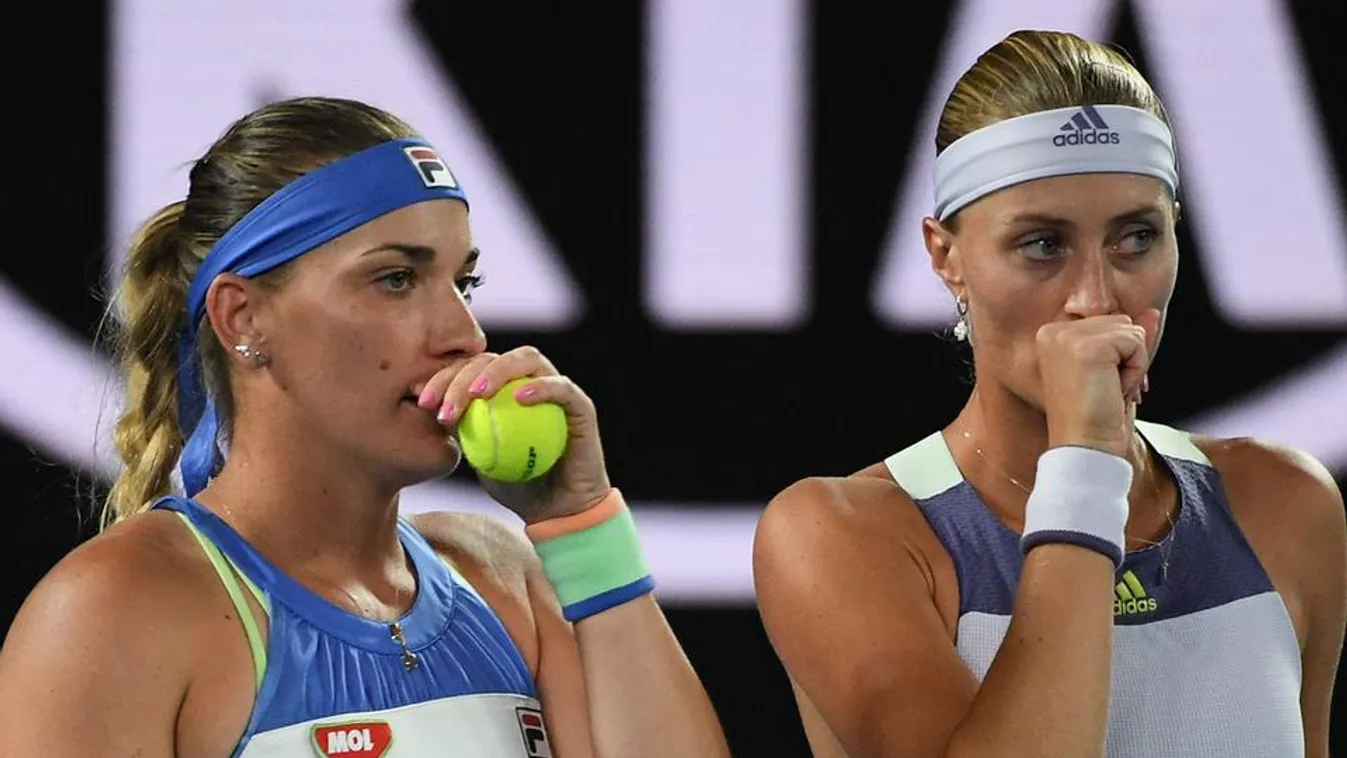
Tennis: Babos and Mladenovic to play together again
